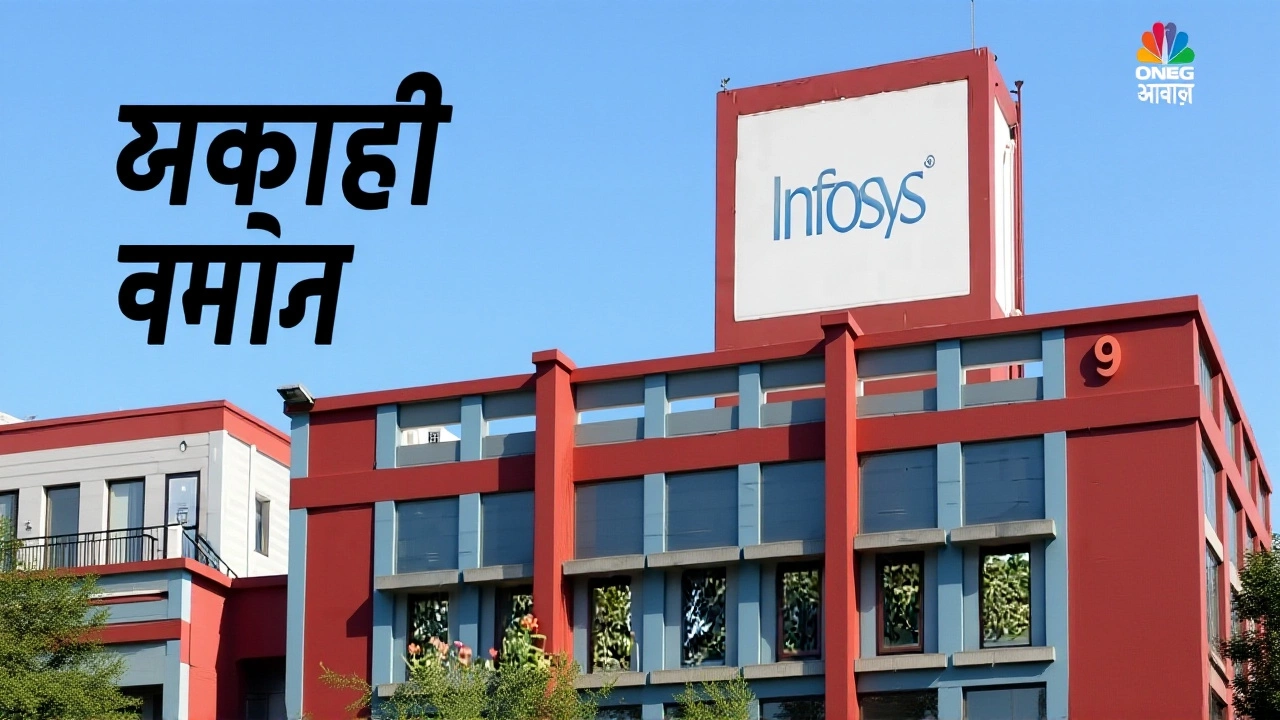Shareholders: What They Are, How They Influence Companies, and Why They Matter
When you buy a stock, you’re not just trading a number—you’re becoming a shareholder, a person or entity that owns at least one share of a company’s stock. Also known as a stockholder, you’re part owner of that business, with a claim on its profits and a voice in its direction. It’s not just about watching your balance go up or down. Shareholders drive real change. They vote on major decisions, push for better leadership, and even force companies to change how they treat workers or the environment.
Companies rely on shareholders to raise money. Instead of borrowing from banks, they sell small pieces of the business—shares—to everyday people, pension funds, or big investors. In return, shareholders might get dividends, regular cash payments from company profits, or watch their shares grow in value over time. But it’s not always smooth sailing. When profits drop, shareholders speak up. They file proposals, attend meetings, and sometimes kick out CEOs. In 2023, shareholders at major oil companies pushed for faster climate action, and in 2024, they forced tech firms to rethink how they handle user data. This isn’t theory—it’s daily reality.
Behind every big corporate decision—whether it’s launching a new product, cutting jobs, or buying another company—there’s usually a shareholder group watching closely. Corporate governance, the system of rules and practices that direct how a company is controlled and held accountable exists because shareholders demand transparency. They don’t want to be left in the dark. That’s why companies publish annual reports, hold meetings, and answer questions from people who own even one share. And yes, even small investors matter. A group of just 500 shareholders can force a vote if they own enough shares. You don’t need to be rich to have influence.
Some people think shareholders only care about money. But look closer. The posts here show how shareholders connect to everything—from sports teams like Gujarat Giants, where ownership changes can shift team strategy, to financial news platforms like ZeeBiz, which help small investors understand their role. Even a crash like the Mahindra Thar incident can spark shareholder pressure on manufacturers to improve safety. And when a movie like Saiyaara hits ₹550 crore, the shareholders behind Yash Raj Films are the ones celebrating—or demanding bigger returns next time.
Whether you’re holding a single share or managing a portfolio, understanding shareholders means understanding power. Who owns the company? Who gets paid? Who can change the rules? The answers shape your money, your job, and even the products you buy. Below, you’ll find real stories that show how shareholders aren’t just numbers on a screen—they’re active players in the economy. Some are quiet. Some are loud. But they’re always watching.

Infosys announces ₹18,000 Cr buyback – impact on investors
Infosys announced an ₹18,000 Cr buyback to repurchase 10 crore shares at ₹1,800 each, coinciding with strong Q2FY26 results and a non‑participating promoter stance, signaling confidence and a boost for shareholders.